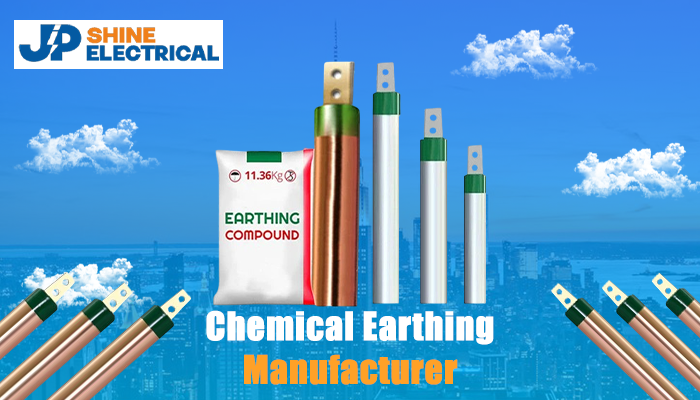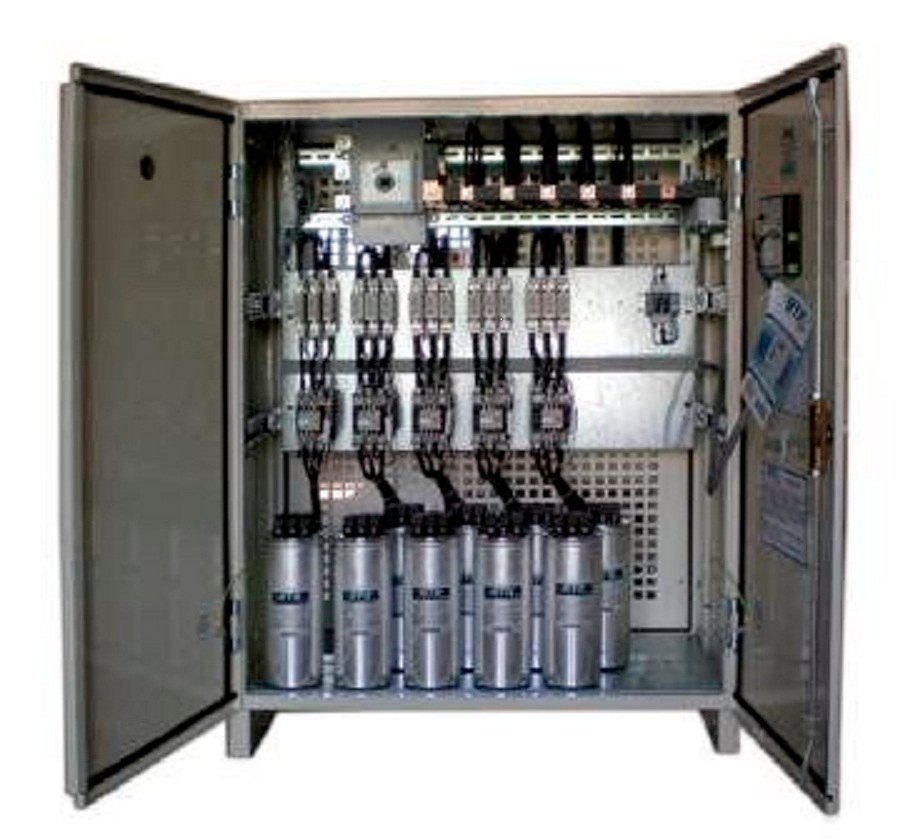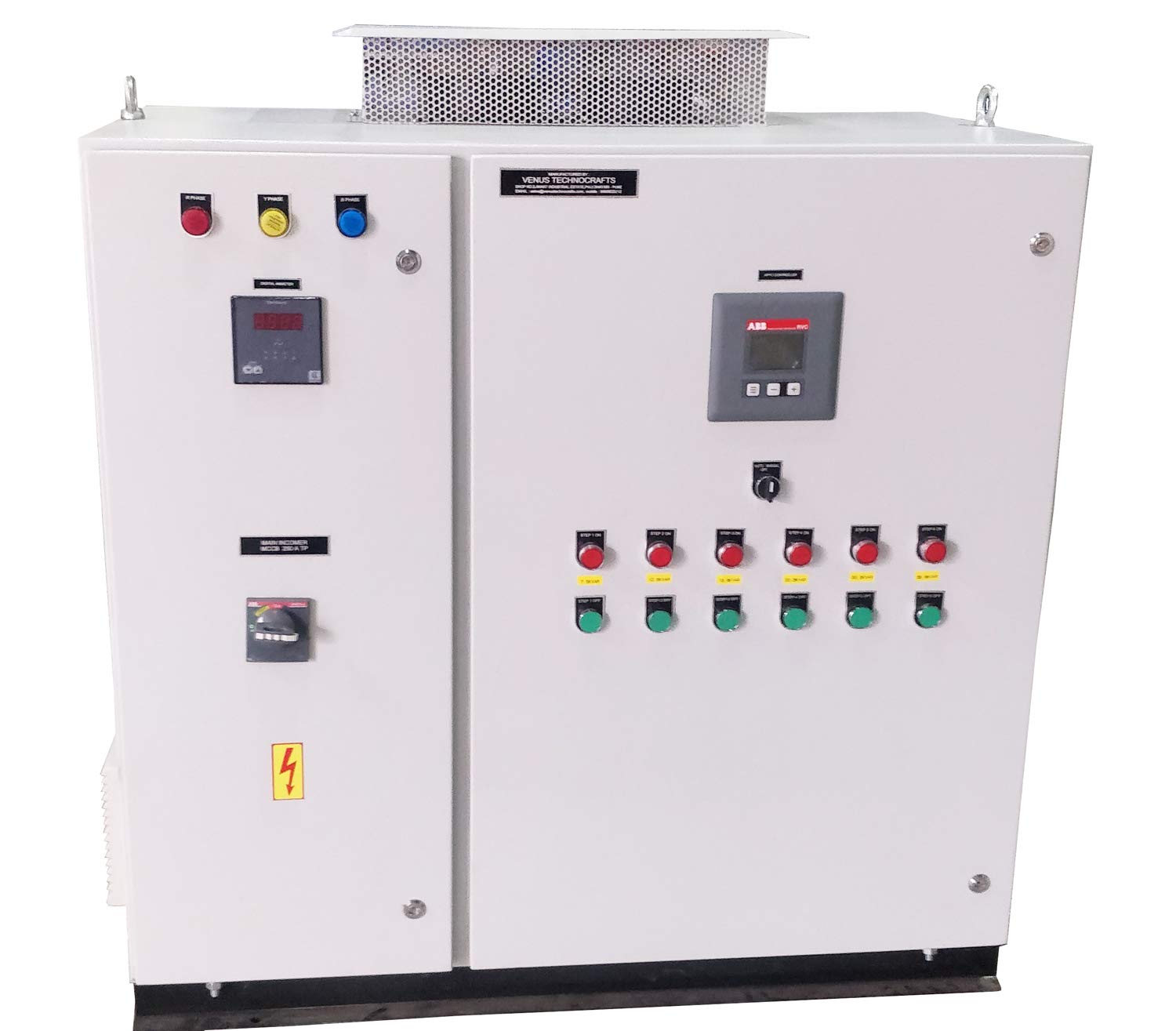
Perforated Cable Tray Manufacturer in Delhi- JP Shine Electrical
Perforated Cable Tray Manufacturer in Delhi- JP Shine Electrical
When it comes to managing and organizing wires and cables in a commercial or
industrial setup, choosing the right type of cable tray is crucial. Perforated
cable trays offer an efficient solution for securely holding and protecting
cable wires. If you're planning a new project or upgrading an existing system,
selecting the best perforated cable tray involves understanding various factors
such as material, size, strength, and manufacturer. JP Shine Electrical,
a leading perforated cable tray manufacturer, provides high-quality solutions
tailored to meet diverse project requirements. Here’s a detailed guide to help
you choose the ideal perforated cable tray for your project.
Understand the Basics of Perforated Cable Trays
Perforated cable trays are characterized by their ventilated design,
featuring multiple holes on the tray's surface. These perforations provide good
air circulation, preventing heat accumulation around the cables which can lead
to degradation over time. This design also allows for easy routing, addition,
and inspection of cables, making maintenance more manageable.
Consider the Material
The choice of material is critical and should be influenced by the
environment in which the cable tray will be installed:
- Steel Trays are suitable
for indoor use where there is minimal exposure to corrosive elements.
- Stainless Steel is ideal
for harsh environments, offering excellent resistance to corrosion and
extreme temperatures.
- Aluminum trays are
lightweight and resistant to corrosion, perfect for both indoor and
outdoor use.
- Fiberglass is another
option, especially in highly corrosive environments such as chemical
plants or coastal areas.
JP Shine Electrical offers Perforated
Cable Tray Manufacturer in Delhi various
materials, ensuring you can find the perfect match for your environmental needs
and project specifications.
Choose the Right Size
Selecting the appropriate size and thickness for your perforated cable tray
is essential. The size should accommodate all the cables without overcrowding,
allowing for future expansions. JP Shine Electrical can provide guidance on the
optimal sizing based on the total number of cables and the nature of the
electrical load they carry.
Load Capacity and Strength
The structural strength of a cable tray must align with the operational
demands of your project. Consider the load capacity, which includes the weight
of the cables and any potential accumulation of dust or debris. Evaluate the
span length between supports and ensure that the selected tray can handle the
anticipated load without sagging.
Installation and Accessories
Evaluate the ease of installation offered by different trays. JP Shine
Electrical's perforated cable trays come with a variety of accessories that
simplify installation and integration into existing systems. These accessories
include bends, reducers, and tee sections, which can help in creating a
comprehensive layout that meets all project needs.
Compliance and Standards
Ensure that the perforated cable tray adheres to relevant standards and
compliances. JP Shine Electrical ensures that all its products meet the
stringent standards for quality and safety, providing you with a reliable and
efficient cable management system.
Choosing the Right Perforated Cable Tray Manufacturer in Delhi
Selecting the right manufacturer is as crucial as the product itself. A
reputable manufacturer like JP Shine Electrical
not only provides high-quality products but also offers excellent customer
support, customization options, and technical advice. With years of industry
experience and a commitment to quality, JP Shine Electrical stands out as a
premier manufacturer of perforated cable trays.
Choosing the right perforated cable tray for your project is a pivotal
decision that affects the safety, efficiency, and longevity of your cable
management system. By considering the factors mentioned above and partnering
with a trusted manufacturer like JP Shine Electrical, you can ensure that your
electrical infrastructure is robust, compliant, and ready for future needs.
Whether you are working on a small upgrade or a large-scale industrial project,
the right choices will lead to successful outcomes.














